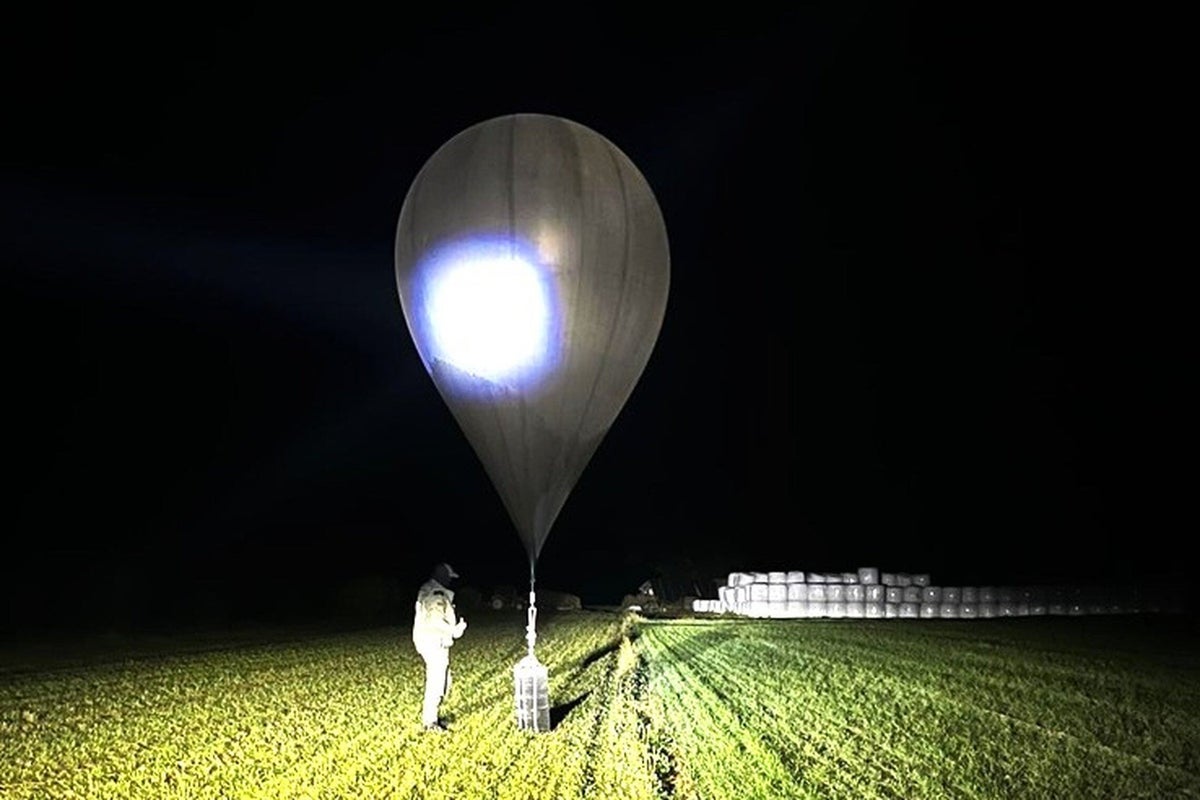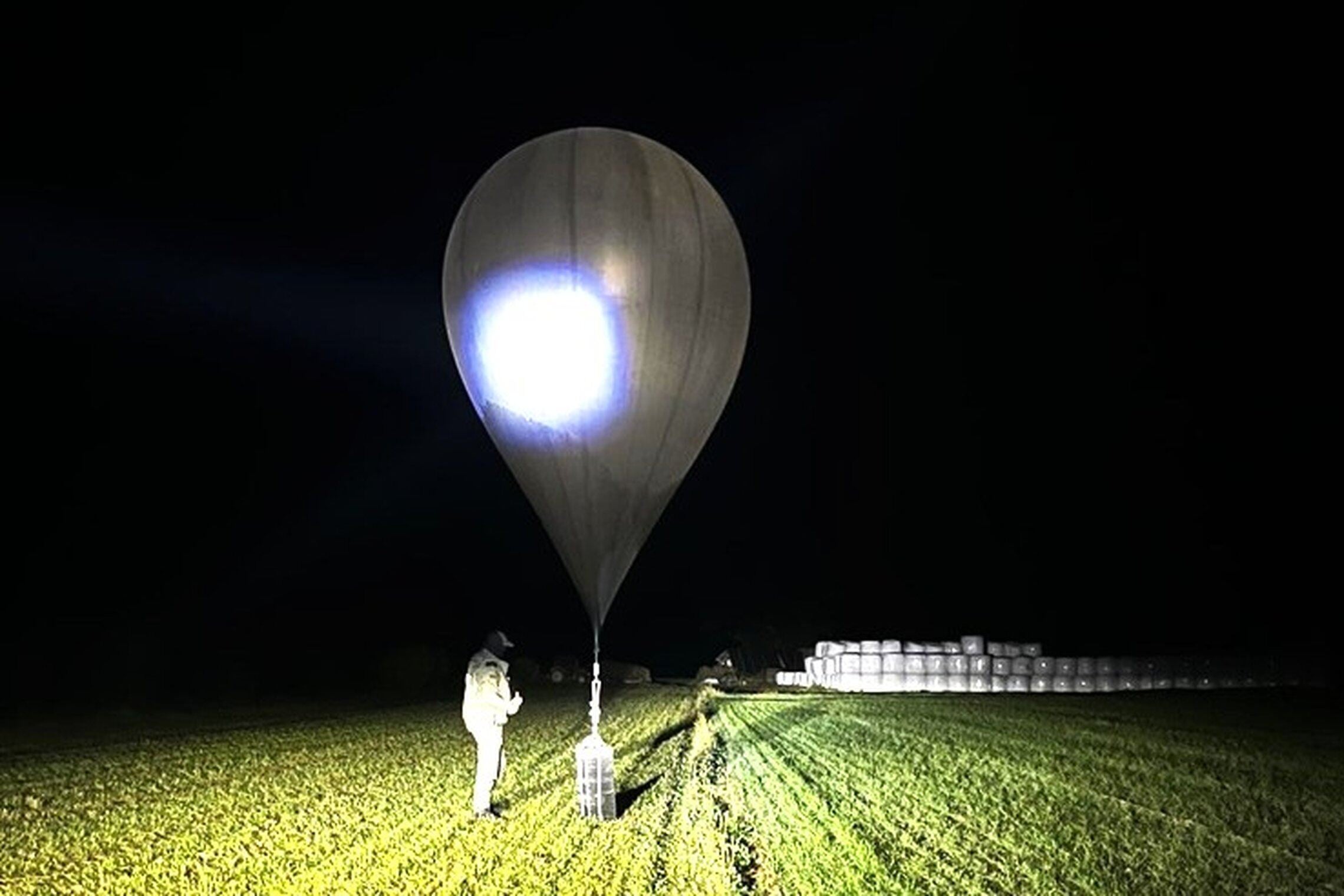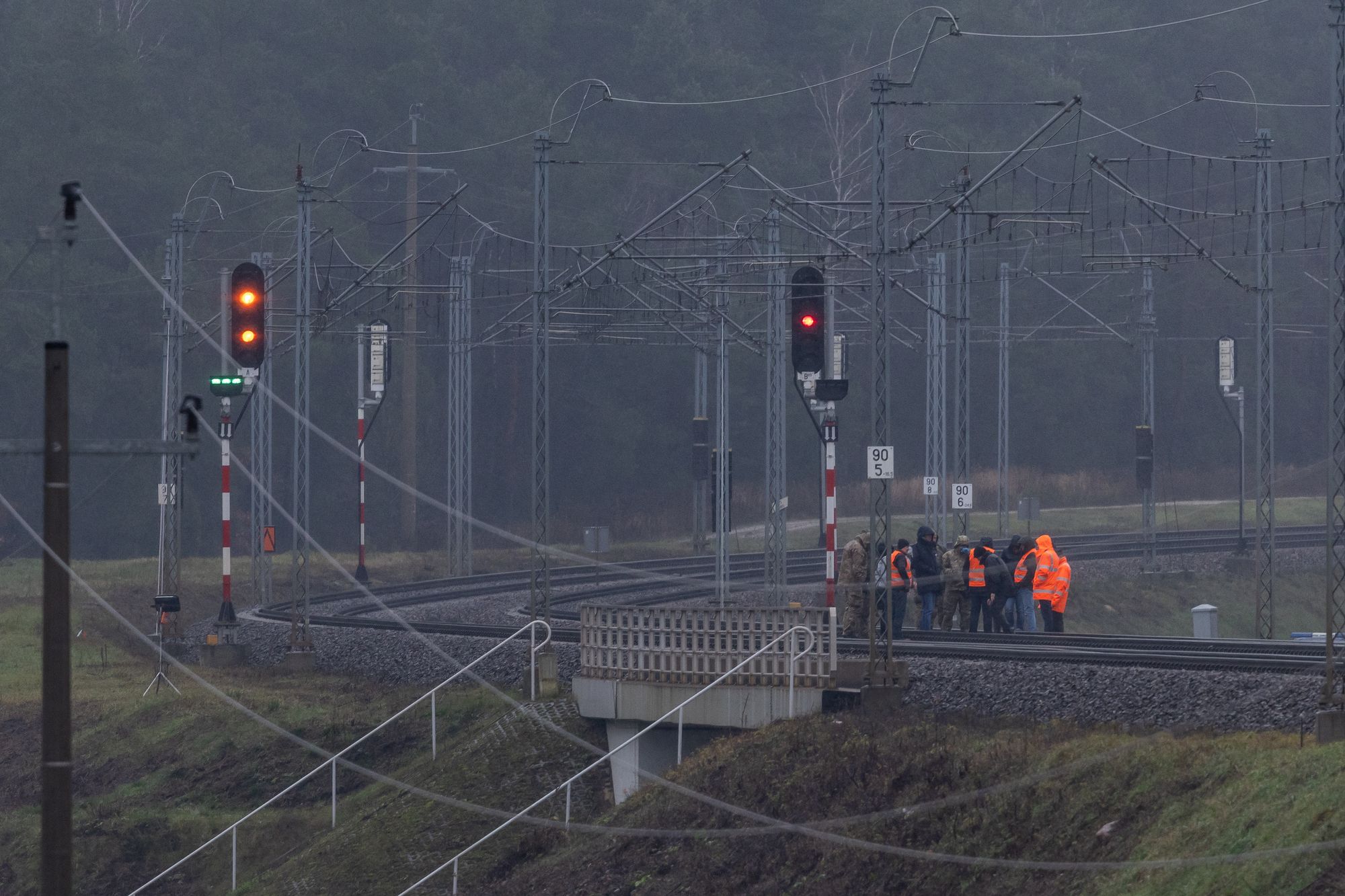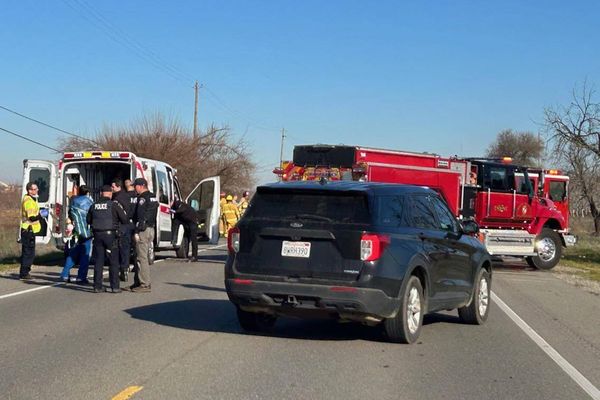
Lithuania’s government has announced the reopening of two border crossings with Belarus, weeks after their closure due to disruptions at Vilnius airport caused by cigarette-smuggling balloons.
The crossings had been shut in late October for a month, with officials in Vilnius viewing the balloon incidents as a deliberate act by Russia-allied Belarus.
The Medininkai and Šalčininkai crossings are set to reopen on Thursday. This follows neighbouring Poland’s decision to reopen two of its own border points with Belarus earlier this week.
The decision is expected to ease the return of Lithuanian trucks that were stranded in Belarus. Authorities in Minsk refused to open a corridor exclusively to evacuate the trucks, demanding that Lithuania reopen the border fully. Delegations of the countries' customs officials met on Tuesday for technical negotiations.
A map of Medininkai:
Last week, Belarus President Alexander Lukashenko said up to 1,200 vehicles were stranded in his country and threatened to seize them if Lithuania failed to reopen the border. He has denounced the border closure as a “mad scam” and part of a “hybrid war” against his country.
Lithuania is a NATO and European Union member on the Western military alliance’s eastern flank, and also borders Russia’s Kaliningrad exclave.

Lithuania warned that the border could be shut again if balloons and drones reappear.
“If the situation gets worse again, we reserve the right to close the borders at any time,” Prime Minister Inga Ruginienė said ahead of Wednesday's decision, adding that it was being taken after several relatively quiet weeks without major airspace violations and flight disruptions.
On Wednesday Poland's foreign minister said he will order the closure of the last Russian consulate still operating in the country after authorities said two Ukrainian citizens working for Moscow are suspected of blowing up a railway line in Poland.
Radek Sikorski said he had repeatedly warned Russia that its diplomatic and consular presence would be reduced further if it did not cease hostile actions against Poland, Polish news agency PAP reported.
"In connection with this, though it will not be our full response, I have decided to withdraw consent for the operation of the last Russian consulate in Gdansk," he said.
He added that Russia would be formally notified within hours.
"This time it was an act of not only subversion, as happened before, but an act of state terror, as its clear intention was to cause human casualties," Mr Sikorski said. The closure would leave Russia with only its embassy in Warsaw.
In response, Moscow would "reduce Poland's diplomatic and consular presence in Russia", the state news agency RIA Novosti cited Russian foreign ministry spokeswoman Maria Zakharova as saying.

Poland's prime minister Donald Tusk has described the weekend explosion on a line linking Poland's capital, Warsaw, to the border with Ukraine as an "unprecedented act of sabotage".
The blast damaged tracks near Mika, about 60 miles (100km) south-east of Warsaw. No-one was hurt.
In a separate weekend incident, power lines were destroyed in the area of Pulawy, about 30 miles (50km) from Lublin in eastern Poland.
Asked about Mr Sikorski's comments, Kremlin spokesman Dmitry Peskov said Russia's "relations with Poland have deteriorated completely".
"This is probably a manifestation of this degradation, of the desire of the Polish authorities to reduce to zero any possibility of consular or diplomatic ties. In this case, one can only express regret," Mr Peskov told reporters.
On Tuesday, Mr Tusk told the Polish parliament that the two suspects had been collaborating with the Russian secret services for a long time.
He said their identities were known but could not be revealed to the public because of the ongoing investigation, and that the pair had already left Poland, crossing into Belarus.







